We independently evaluate all recommended products and services. If you click on links we provide, we may receive compensation.
Sun care has come a long way from the opaque white zinc oxide we used to smear on our noses and cheeks in the 1980s. On the one hand, this is a good thing — better formulas, ease of application, and dual properties like skin correction and moisturization make it easier to protect ourselves from harmful UVA and UVB rays. But on the other hand, the sheer number of sunscreen options is…overwhelming, to say the least.
According to the Skin Cancer Foundation, daily use of sunscreen rated SPF 15 or higher can reduce the risk of melanoma. When it comes to something as high stakes as reducing cancer risk, the last thing you want is to be bogged down by a million sunscreen options that may or may not offer the same type of protection.
We spoke to Dr. Karan Lal, D.O., M.S., FAAD, a double board-certified adult and pediatric dermatologist, to shed some (sun)light on what kind of sun protection you should use.
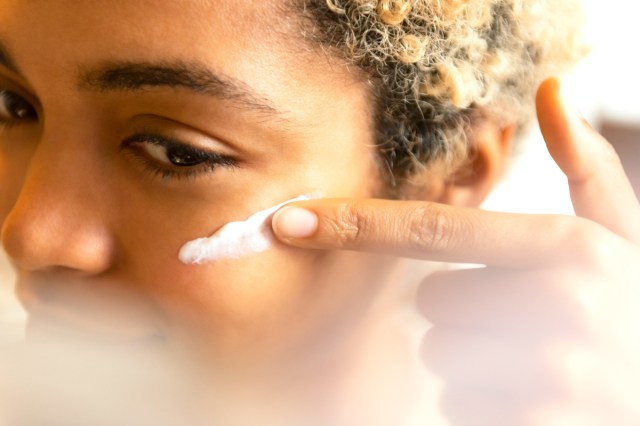
The Difference Between Mineral and Chemical Sunscreen
The main difference between mineral and chemical sunscreens is their formulas and, thus, functions. Mineral sunscreens are formulated with titanium dioxide and zinc oxide. These naturally occurring minerals sit on top of the skin and form a protective barrier that reflects and scatters UV rays before they penetrate the skin. Because of this, mineral sunscreens are sometimes called physical sunscreens.
Because of the way mineral sunscreens work, all such formulas leave a white cast on top of the skin. Tinted mineral sunscreens help reduce the appearance of white cast, though you might need to experiment with a few different brands before you find one that works for your complexion. No one wants to look like a ghost.
Chemical sunscreens, on the other hand, use various active ingredients that absorb into the skin and alter UV rays’ chemical structure to lessen their ability to damage skin cells. Some studies have suggested chemical sunscreens are more harmful to marine life and coral reefs than mineral ones, though as the Smithsonian notes , no sunscreen is truly “reef safe.” There's no standard or regulated meaning behind “reef safe” so it’s often used as a marketing tactic (like “natural”).
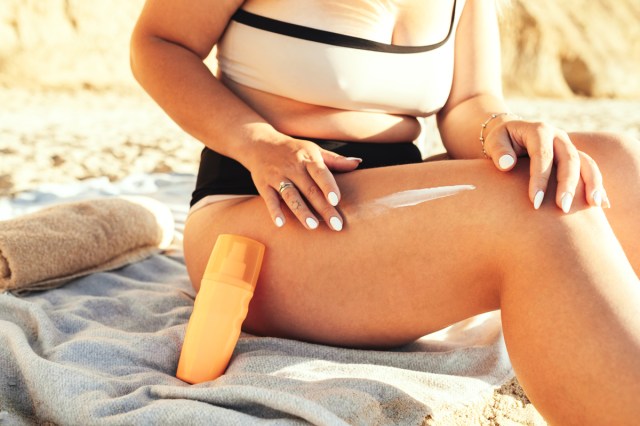
So, Which Sunscreen Is Better?
According to Dr. Lal, chemical sunscreens offer more comprehensive UV protection by guarding skin cells against UVA and UVB ray damage from within. Since many chemical sunscreens offer higher SPF ratings, Dr. Lal recommends these formulas for patients with a history of skin cancer. He also recommends chemical sunscreens for those who are especially active, as these formulas are harder to sweat or rinse off than mineral sunscreens. (But to be clear, chemical sunscreens should still be reapplied every two hours or after swimming or intense physical activity.)
Dr. Lal notes, however, that chemical formulas might not be a viable option for individuals with sensitive skin. For this reason, he recommends mineral formulas for patients with melasma, hyperpigmentation, eczema, rosacea, or other skin sensitivities.
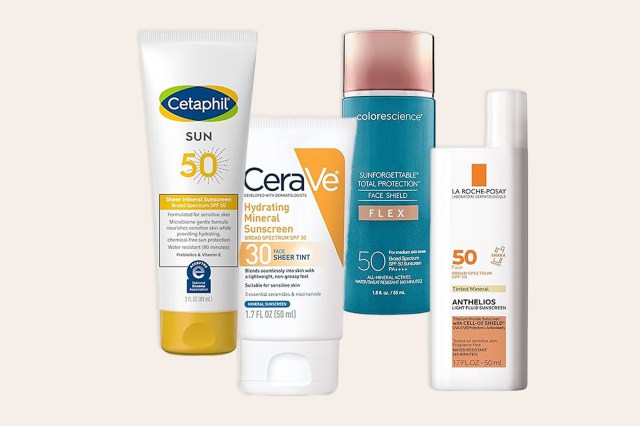
The Best Mineral Sunscreens
Colorescience Flex
Dr. Lal’s favorite mineral sunscreen, he says, “comes in multiple shades or no shade and offers protection against pollutants as well.” It can even replace your foundation on a no-makeup makeup day.
La Roche Posay Anthelios Tinted
This formula is easy to apply and has a melt-into-your-skin feel.
Creave Hydrating Mineral Sunscreen SPF 30 Face Sheer Tint
“This is more of a cream and is thicker,” Dr. Lal says. “It mixes in well with most medium skin colors. It may require thorough rubbing for darker skin types. It is great for sensitive skin patients.”
Cetaphil Sheer Mineral Sunscreen Stick for Face & Body SPF 50
Not only is this a convenient, no-mess stick formula, but it’s also an ultra-gentle formula for those with sensitive skin.
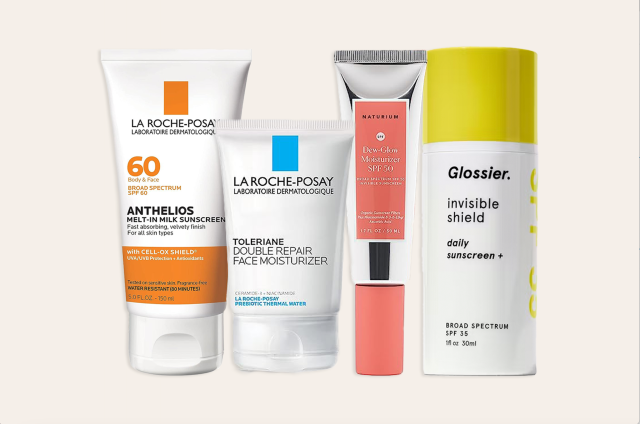
The Best Chemical Sunscreens
La Roche Posay Melt-In Milk
Dr. Lal recommends this sunscreen for those who want “a nice, thin product that rubs in well.”
La Roche Posay Double Repair Moisturizer
“This is great for patients with sensitive skin [who] want a moisturizer and sunscreen combo,” Dr. Lal says.
Naturium Dew-Glow Moisturizer SPF
Dubbed the “dewiest of them all,” this glowy option is a favorite of folks with dry skin.
Glossier Invisible Shield
Dr. Lal loves the antioxidant-packed formula of this invisible sunscreen — and we’re fans of the way it preps the skin for makeup.
This article is for general informational purposes only.
Affiliate Disclaimer Medical Disclaimer



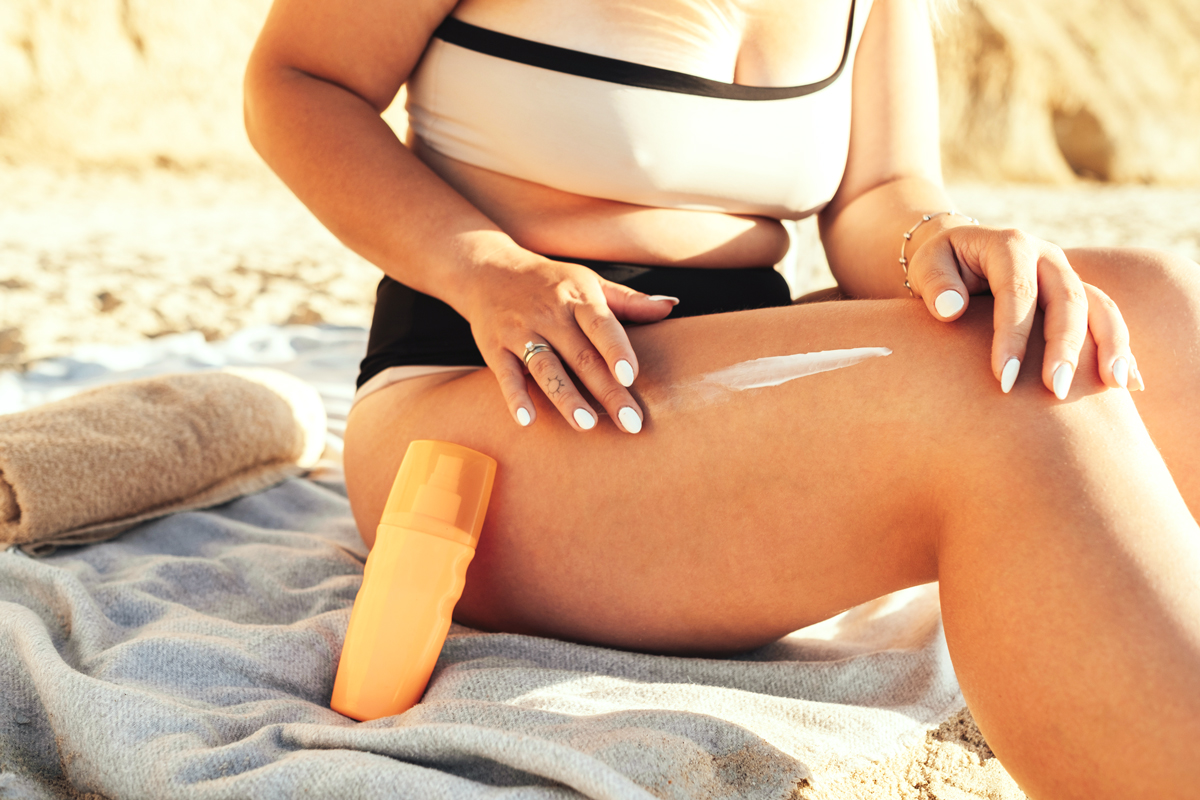
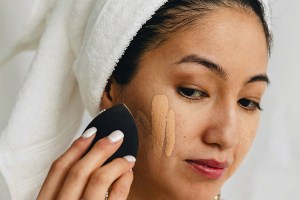




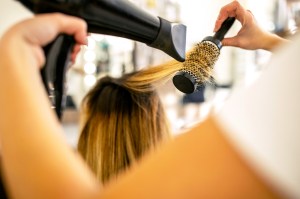
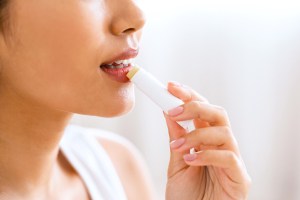



 Unique Beauty is free for all users.
Unique Beauty is free for all users.